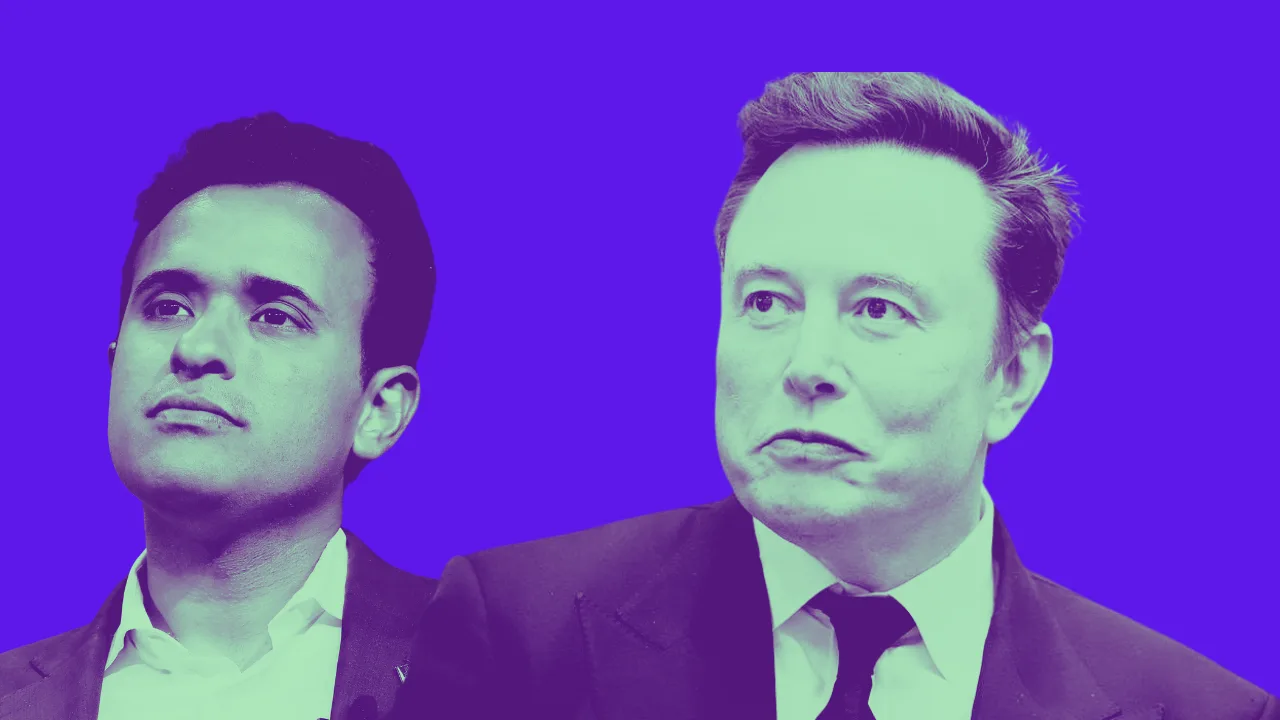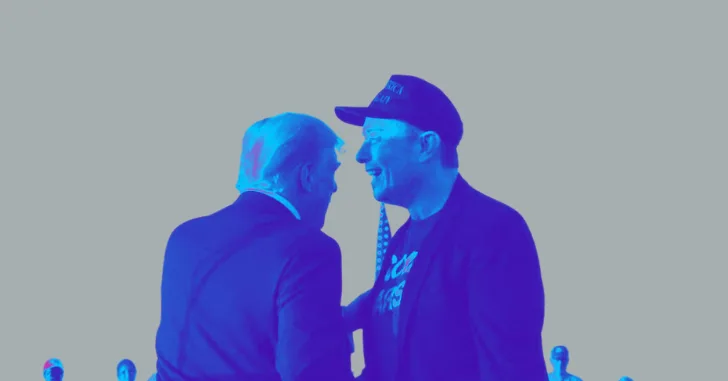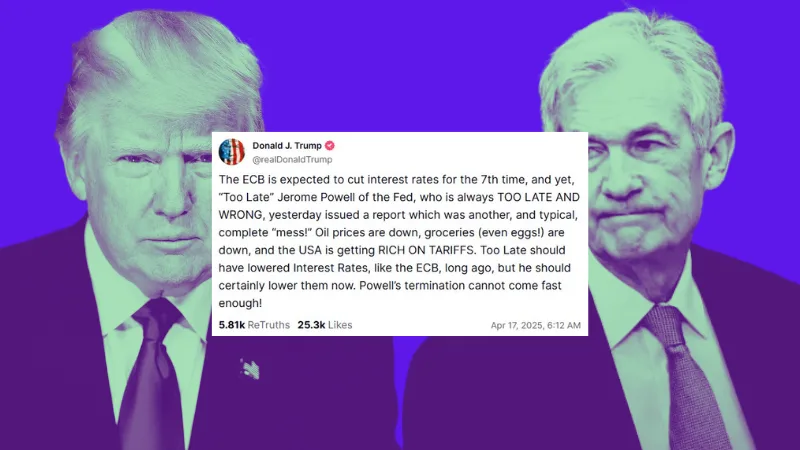A heated debate has emerged within the Republican Party, highlighting divergent views on high-skilled immigration and its impact on the American workforce. Central to the discussion is the contentious H-1B visa program, which has become a focal point for both proponents of merit-based immigration and advocates for domestic worker protections.
The debate gained momentum following President-elect Donald Trump’s appointment of Sriram Krishnan, a venture capitalist and artificial intelligence expert, as an adviser. Krishnan, an Indian immigrant, has consistently supported lifting caps on green cards for skilled immigrants—a perspective widely endorsed by Silicon Valley but met with resistance from Trump supporters who prioritize native-born workers.
Elon Musk Champions Merit-Based Immigration
Leading the charge for high-skilled immigration is Elon Musk, Tesla CEO and co-chair of the newly formed Department of Government Efficiency (DOGE). Musk has long argued that attracting elite engineering talent is critical for maintaining America’s global competitiveness.
He compared recruiting top-tier talent to assembling a world-class sports team, stating:
“I am referring to bringing in via legal immigration the top 0.1% of engineering talent as being essential for America to keep winning.”
Vivek Ramaswamy Calls for Excellence
Joining Musk in this stance is Vivek Ramaswamy, his DOGE co-chair and entrepreneur, who criticized the cultural glorification of mediocrity in America. Ramaswamy attributed the nation’s reliance on foreign-born engineers to this trend, remarking:
“Our American culture has venerated mediocrity over excellence for way too long… That doesn’t start in college, it starts young.”
MAGA Critics Push Back
Not everyone within the Republican Party agrees. Critics within the MAGA movement argue that increasing high-skilled immigration could harm American workers by suppressing wages and limiting job opportunities.
Prominent voices like far-right activist Laura Loomer have expressed concerns about American tech workers being replaced by foreign labor. Others accuse Musk and Ramaswamy of being disconnected from American values and worker struggles.
The Broader Republican Divide
This debate underscores a growing divide within the Republican Party, as it attempts to balance the interests of its traditional working-class base with those of influential tech leaders.
While figures like Musk and Ramaswamy advocate for policies that attract global talent and bolster American innovation, others emphasize the importance of protecting domestic workers and preserving cultural values.
Looking Ahead
As the Trump administration prepares to take office, how these differing perspectives shape immigration policy remains to be seen. The outcome of this debate will have far-reaching implications, particularly for the tech industry and the broader American workforce.
For now, the Republican Party faces the challenge of reconciling these opposing views, striving to both maintain America’s economic competitiveness and address the concerns of its traditional voter base.





